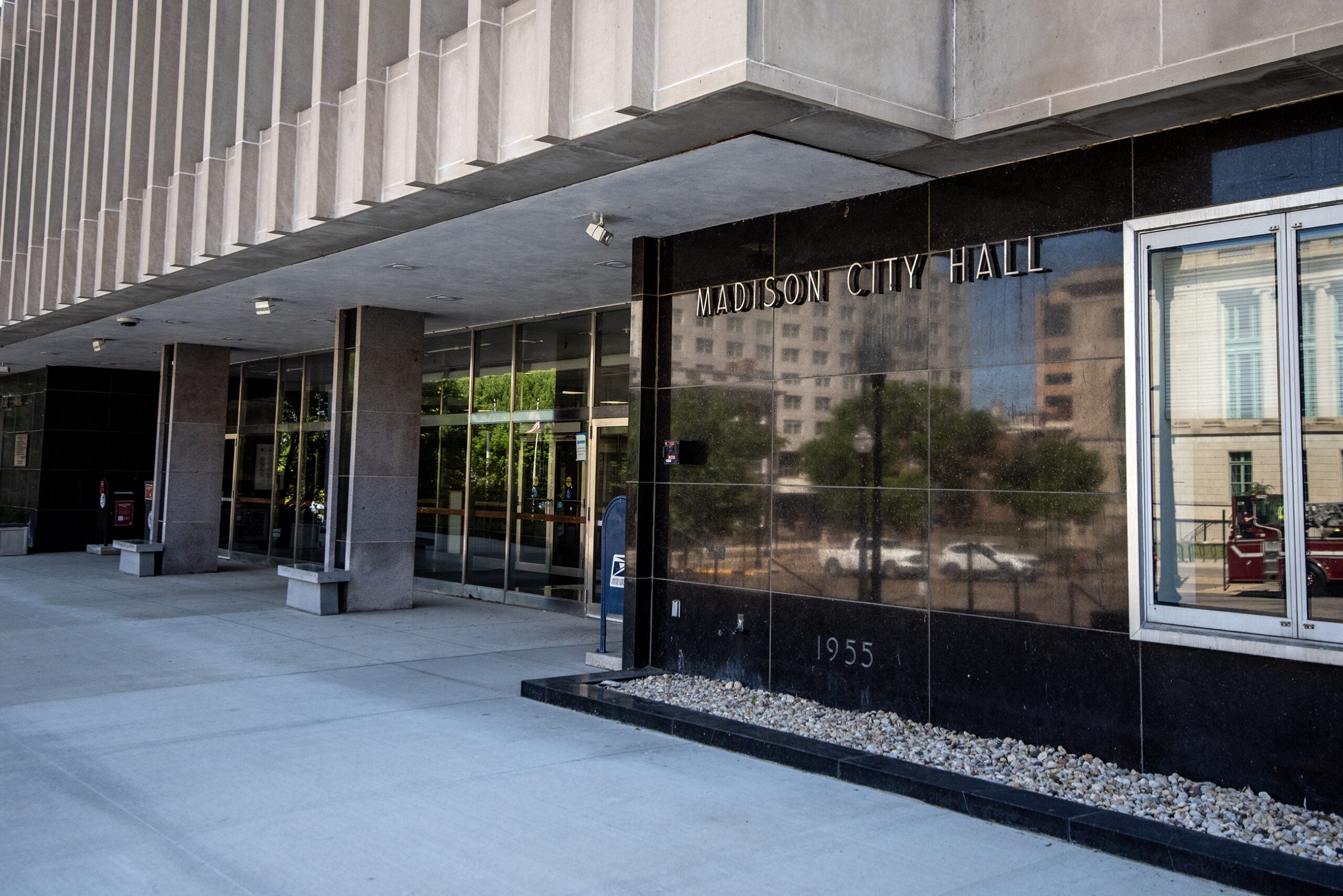As workplace harassment allegations continue to dominate the news, some companies are taking a hard look at what they do when the issue arises. General Motors’ CEO, Mary Barra, said this week that the auto company is committed to creating a sexual “harassment-free” workplace, calling it “unacceptable” not to have a policy. Meanwhile, Facebook has published its internal policies on workplace harassment and bullying on to “foster the conversation” surrounding this type of behavior.
Policies aside, though, what actually happens to those who are affected by intimidating and offensive conduct? Join us as we consider what’s known about the physical and psychological effects on victims , the prevalence of the problem and what companies and the government could do to address the issue.
Listeners, we want to hear from you. Have you been affected by workplace harassment or bullying? How has it affected your health? How did you manage it? How did your workplace handle this? You can call in during the show at 800-642-1234. You can also share your story by emailing ideas@wpr.org, posting on The Ideas Network Facebook page and mentioning @wprmornings on Twitter.
Episode Credits
- Kate Archer Kent Host
- Breann Schossow Producer
- Michelle Johnson Technical Director
- Jagdish Khubchandani Guest
Wisconsin Public Radio, © Copyright 2024, Board of Regents of the University of Wisconsin System and Wisconsin Educational Communications Board.






